Tasha Lowe | October 24, 2024
Merriment is populated with women whom you have met, may even been friends with. You hope you are not them, but at some level you know that part of you is every one of them. Even if you don’t live in New Jersey while longing to live in New York City. Even if you aren’t yet in your 30s or are way past them. Even if you are not a woman. Part of you is Mack, and Denise and Liz and Laura and Chelsea, even Mack’s pottery loving mom or the “new friend” Jo. Maybe not all of the time. Or even half of the time. But at least once in a while you experience the combination of ennui, existential dread, and profound realization of karmic irony as the characters in Merriment.

The book is a slightly uncomfortable blend of Woody Allen style social critique (and some critique of Woody Allen) mixed with musings reminiscent of high school stoner parties. That sophomoric philosophizing is soon head-butted by the disaffected emptiness of what might be clinical depression that dares to share itself in the company of others. It is not clear if the world has made these women into dreamers with feet of clay or if the feet of clay have left them at the mercy of a merciless world.

Mack is the driver of this tale. She questions the stuff we all question, but rarely ask about – her own existence, what is money, how are emails real, are there more white vans around than there used to be, and why do we notice them all of a sudden? She opens the book speculating that she could get away with murder. It is not that there is anyone that she wants to kill. It is the kind of thing that anyone who has watched a true crime show, or a murder mystery series considers. It is an intellectual exercise, not an emotional one. But it is the also the opening peak into Mack’s mental state. She poses this idea to her best friend Denise while they are smoking and having a beer on the roof. As the book continues, they do seem to have the precariousness of a “fiddler on the roof,” but without the joyous colors of a Chagall painting. Denise has clearly heard this sort of thing from Mack before. Denise loves and accepts Mack, but also assures her that if she murders a stranger she is, in fact, a psychopath.
Mack and Denise are best friends because they are frank with each other. The other women in their widening circle often find Mack’s remarks harsh or thoughtless. With the exception of Jo, they have all known each other since elementary school. They know each other well, seem to anticipate, despise, and crave the parts they play in each other’s lives.
Mack longs to live in NYC, but can’t afford even a parking space, let alone a studio apartment. Another break-up has sent her back to the dreaded (in her mind) New Jersey and her childhood room at her mother’s house. Denise is happy in New Jersey but has been trying to date Chelsea for as long as anyone can recall. Liz is falsely convinced her live-in boyfriend is going to finally propose at any moment. Laura is Liz’s BFF and seems to be there as her cheerleader and support. However, when the chips are down and Liz most needs support, it is Mack who seems to step up.

Each secretly thinks that the others are living a better, happier life than they are. The best moments of the book are when those illusions (delusions?) dissolve. When they seem to actually see the longtime friend and fixture of their life as a human being, who is also struggling. Where they manage a spark of connection and compassion, often by standing however briefly, in the other’s fucked up shoes. Of course, this often spirals into speculation about which of the people they knew in high school is actually living a happier and more fulfilled life.
It would be easy to read this far and think that the book is dreary. It is not. It is punctuated with witty sarcasm, astute observations, and flashes that are very funny -- sometimes in the “If we don’t laugh, we’ll cry” kind of way -- but funny none the less. When Denise invites Mack to a party, Mack initially refuses, saying “No. It’s gonna be one of those small well-lit parties where you can’t hide anywhere and where if you want a beer you need to talk to someone about how it’s gonna taste for a while first.”
Mack meets Jo at that party. They bond over quirks that both of their mothers have, like obituary stalking old classmates and co-workers. Jo is sometimes the voice of reason and sometimes just fuel to the fire of complaints and paranoia about the world. Mack is not a lesbian, but the budding relationship has the slightly heady, slightly desperate aura of a new romance. It is deeper and more heartfelt than any of the relationships that Mack has had with the men in her life. It is refreshing that romance is not primary to the book. In the end, the bedrock of friendship often plays a bigger and more supportive role in our lives. That fact is too often overlooked.

Marissa Paternoster’s artwork fits the story perfectly. The layouts are mostly classic six or nine evenly sized panels but broken up enough to keep it interesting. Dialog driven, like a cinema verité film, this puts the characters front and center. They are not glamorous or even very good looking, but they are easily identified. Rendered in black and white, they emote a surprising amount with eyes and expression. At her most manic or her most paranoid Mack’s eyes seem to lose their pupils and are filled with concentric circles. Paternoster’s depictions make great use of dark spaces and cross-hatching. Everyone seems to smoke. That smoke often reveals things about their interior environment or the ludicrous world we all live in. The smoke is pervasive enough that it conjures the smell of a late 80s bar patio.
Joe Steinhardt takes his time. The story is not rushed. It breathes like an early Jim Jarmusch film. Characters talk, but don’t chatter. The silences are sometimes lush, letting the reader consider their own response. The characters are layered, they are both familiar and a little bit cryptic. If you want a lot of overt action, you are likely to be disappointed. If you want to feel like you’ve looked closely into the hearts of some women you might otherwise not pay attention to on the street, you will be very glad that you spent some time with them.

In some ways this book is an antidote to the polarized, vitriol filled media cycle of politics and war. It is a glimpse into a world of interiority. Rather than striving to be “Instragramaable,” these women are trying to make it through the day with the hopes of connecting, however briefly, with someone else in a way that they can feel.
This is not the first time that Steinhardt and Paternoster have worked together, but it is their first graphic novel. Paternoster is a musician, in addition to being a visual artist. Steinhardt owns and operates Don Giovanni Records, an indie label that has featured her band Screaming Females. The inevitable close collaboration of touring and promoting has made them practiced at working together. While this project had been in the works before the Covid-19 pandemic shutdown gave Paternoster less time on the road and more time to draw. The resulting 241-page book is a successful collaboration. I look forward to what they might come up with for their next book.




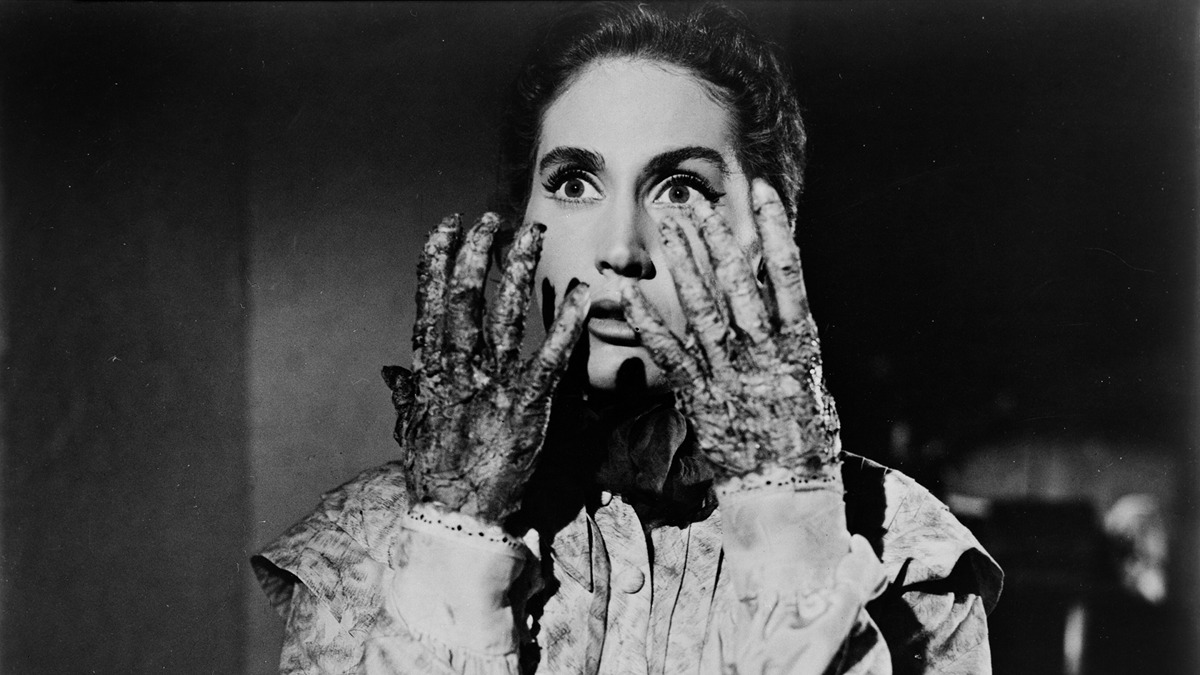
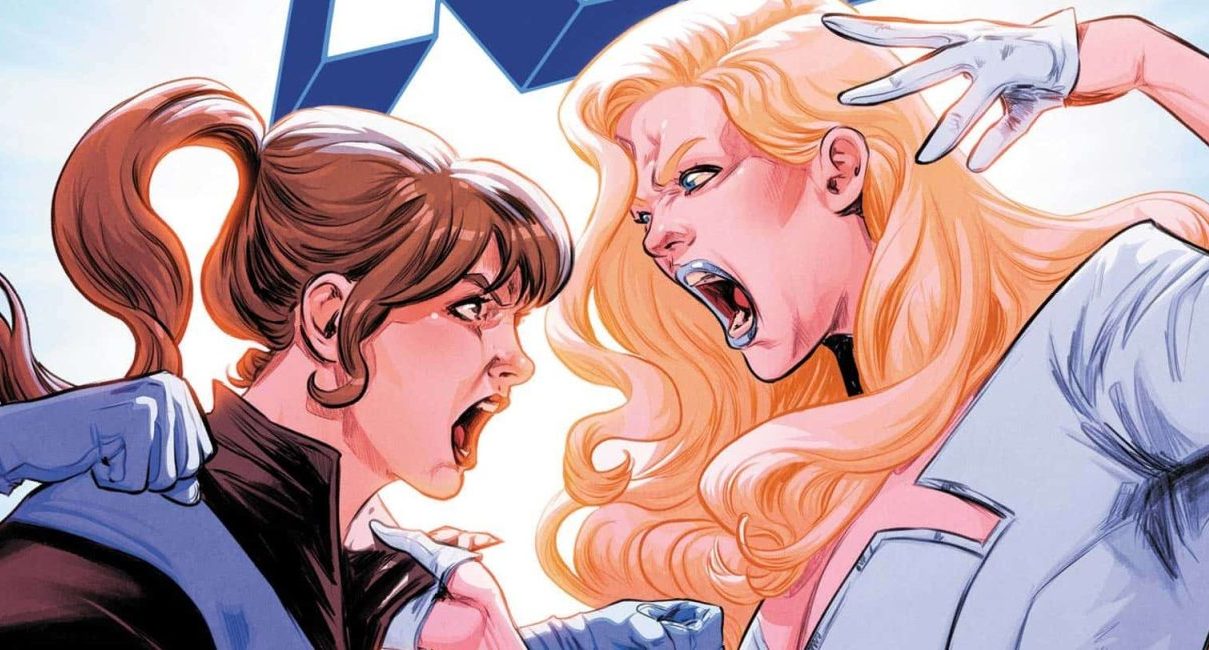
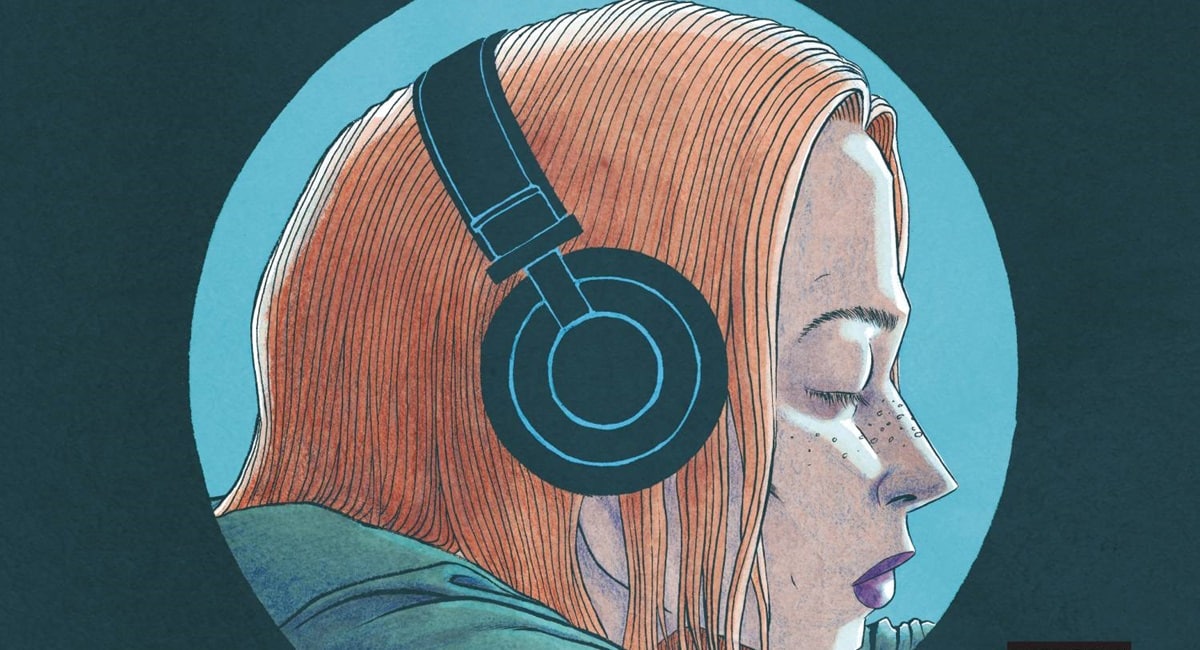
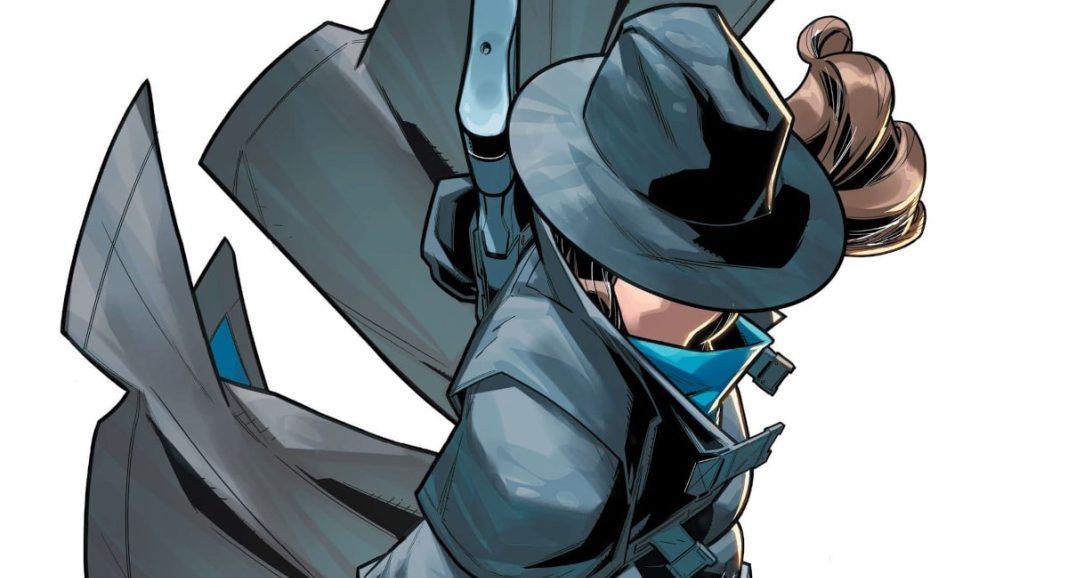
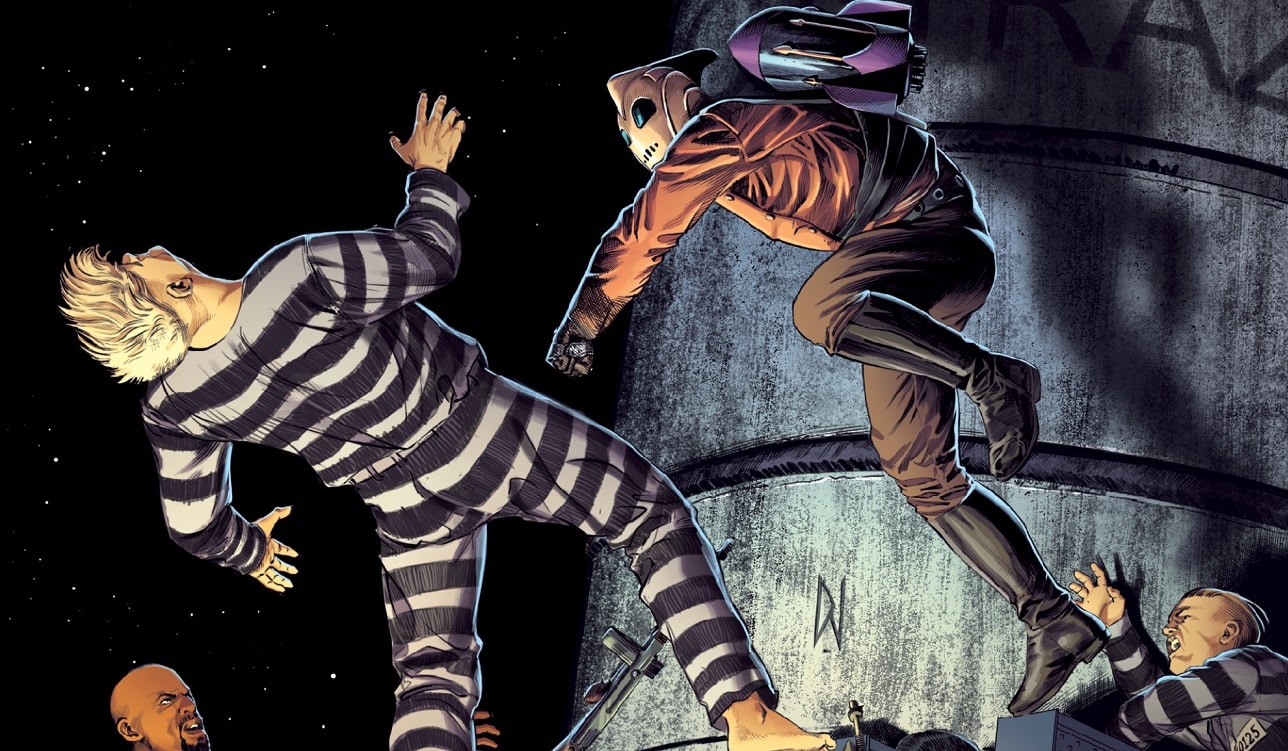












 English (US) ·
English (US) ·